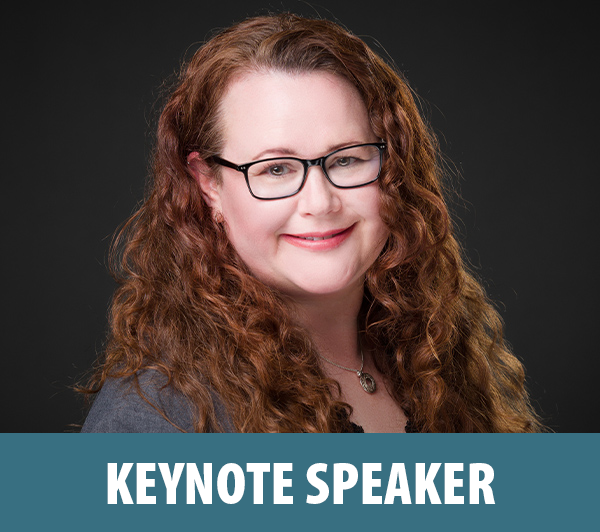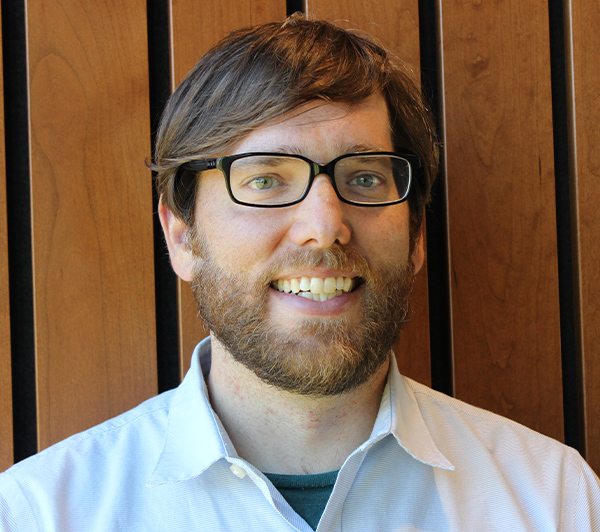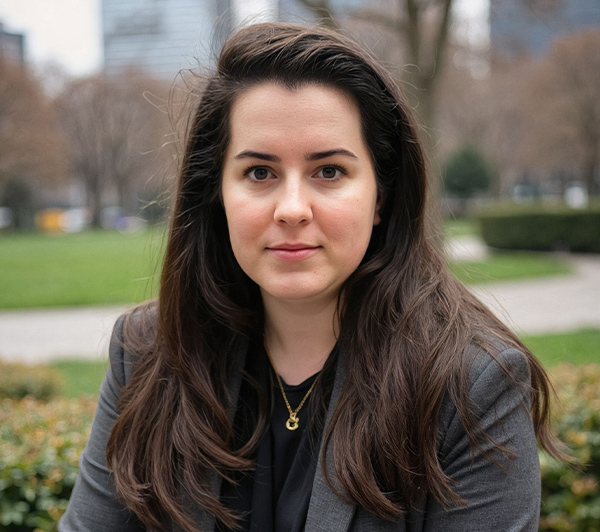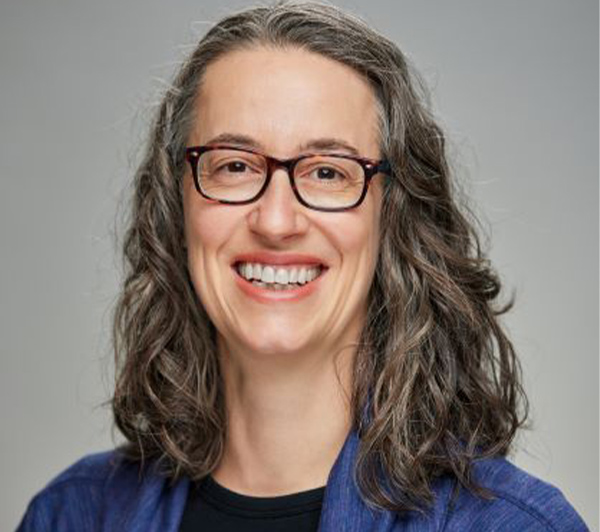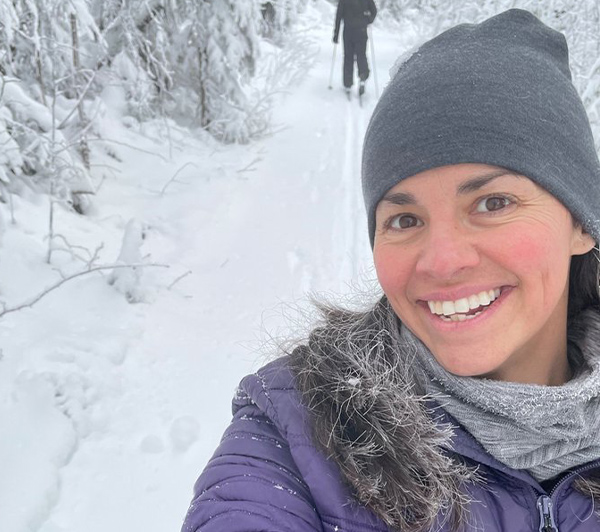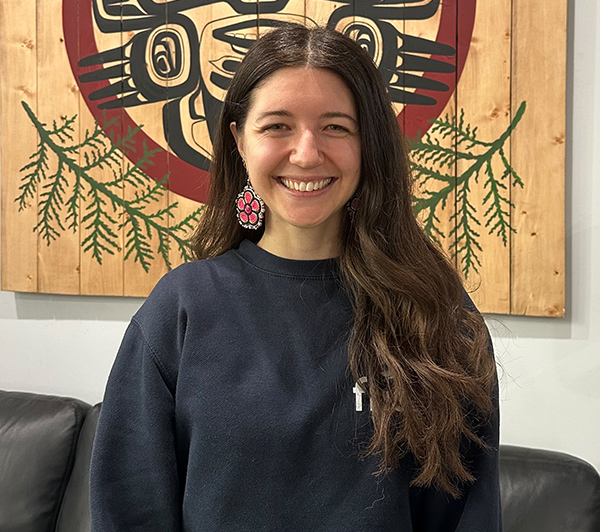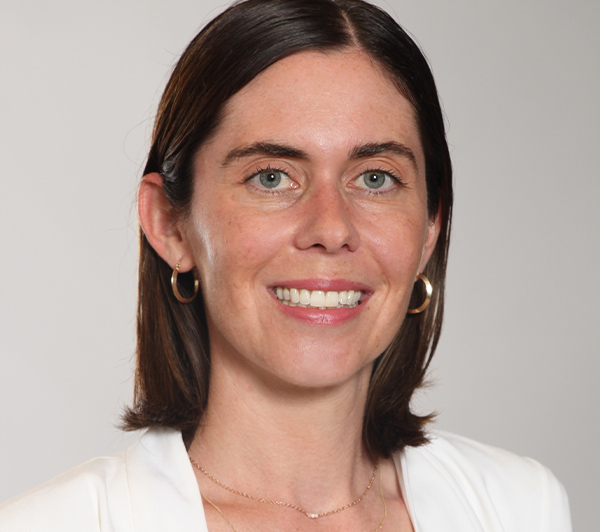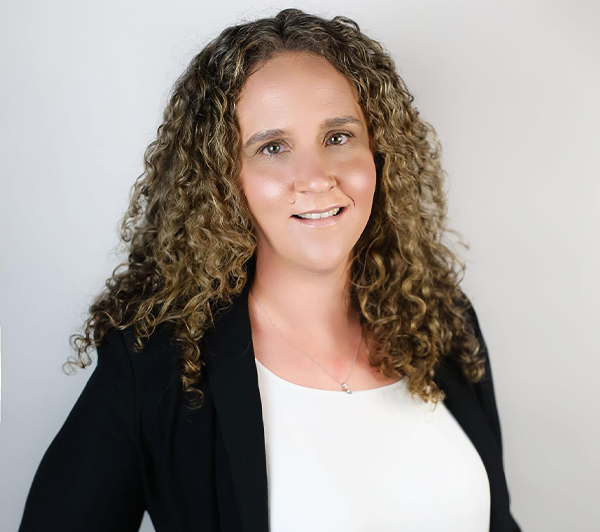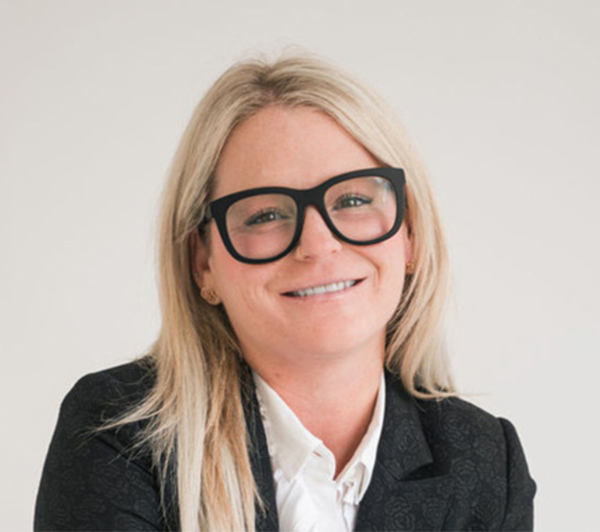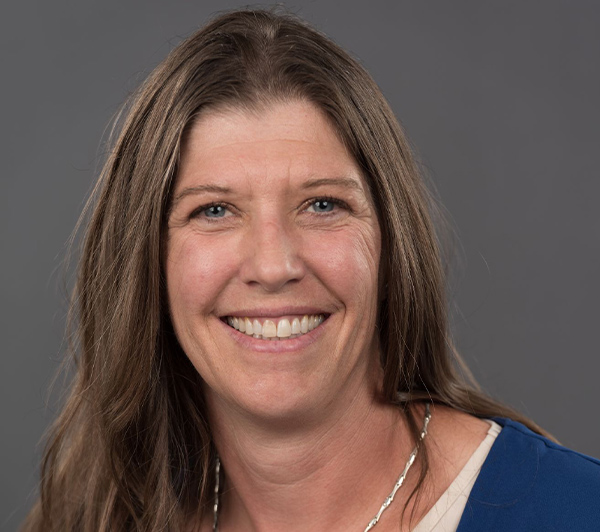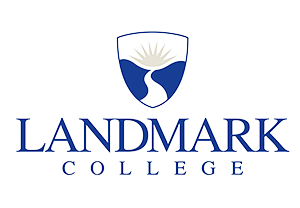This year’s theme — The Power of Partnership — reflects LDAC’s mission to promote the full participation of children, youth, and adults with learning disabilities in school, work, and life. Whether you’re a caregiver navigating your child’s diagnosis, a teacher looking for proven tools, or a professional working to support inclusion, this conference delivers practical knowledge, actionable strategies, and powerful connections.
Your participation directly supports LDAC’s national advocacy, research, and programming — supporting the 5.6% of Canadians living with learning disabilities — and the educators, professionals, and families who stand beside them.




